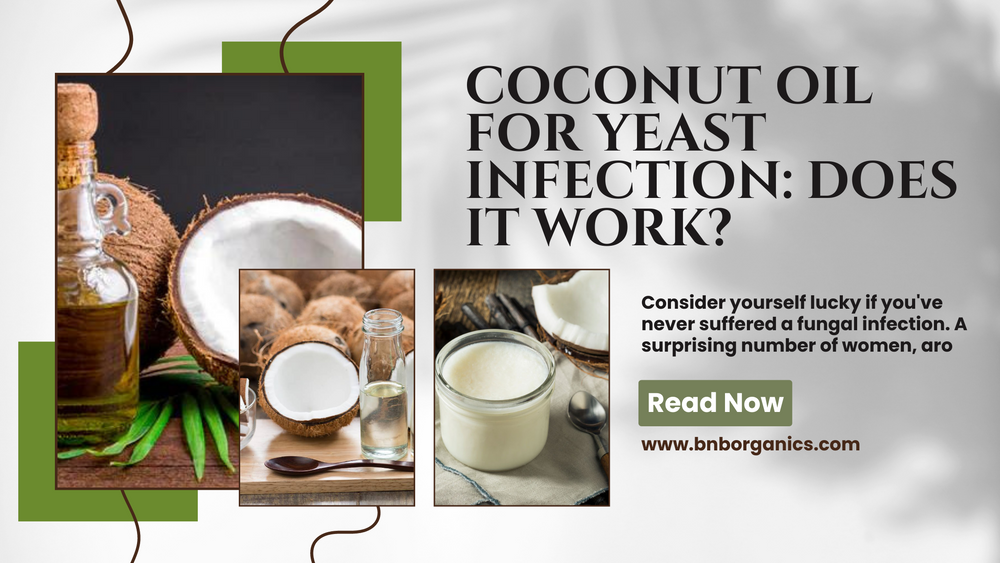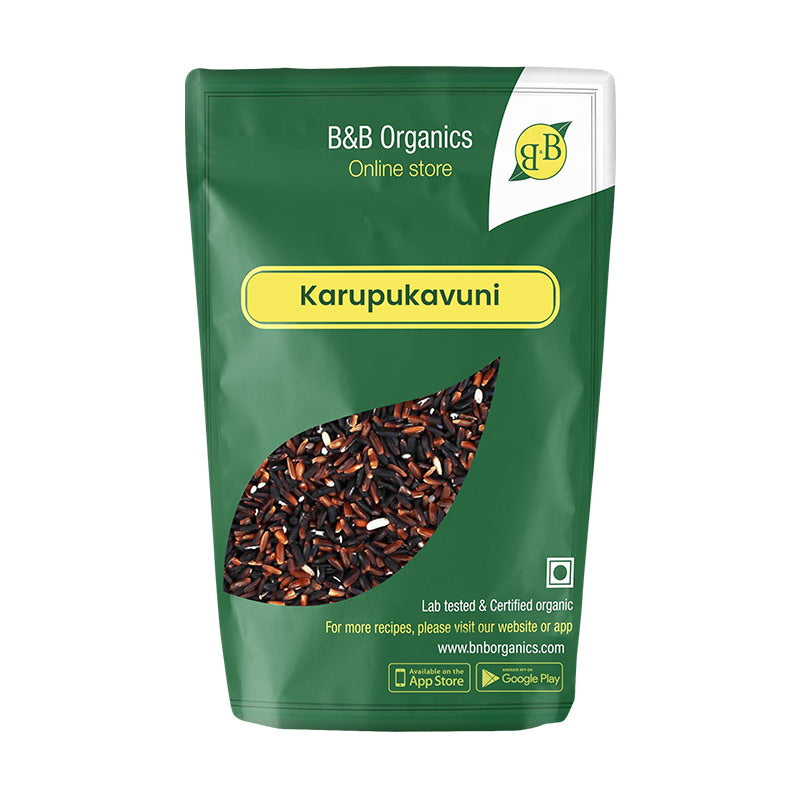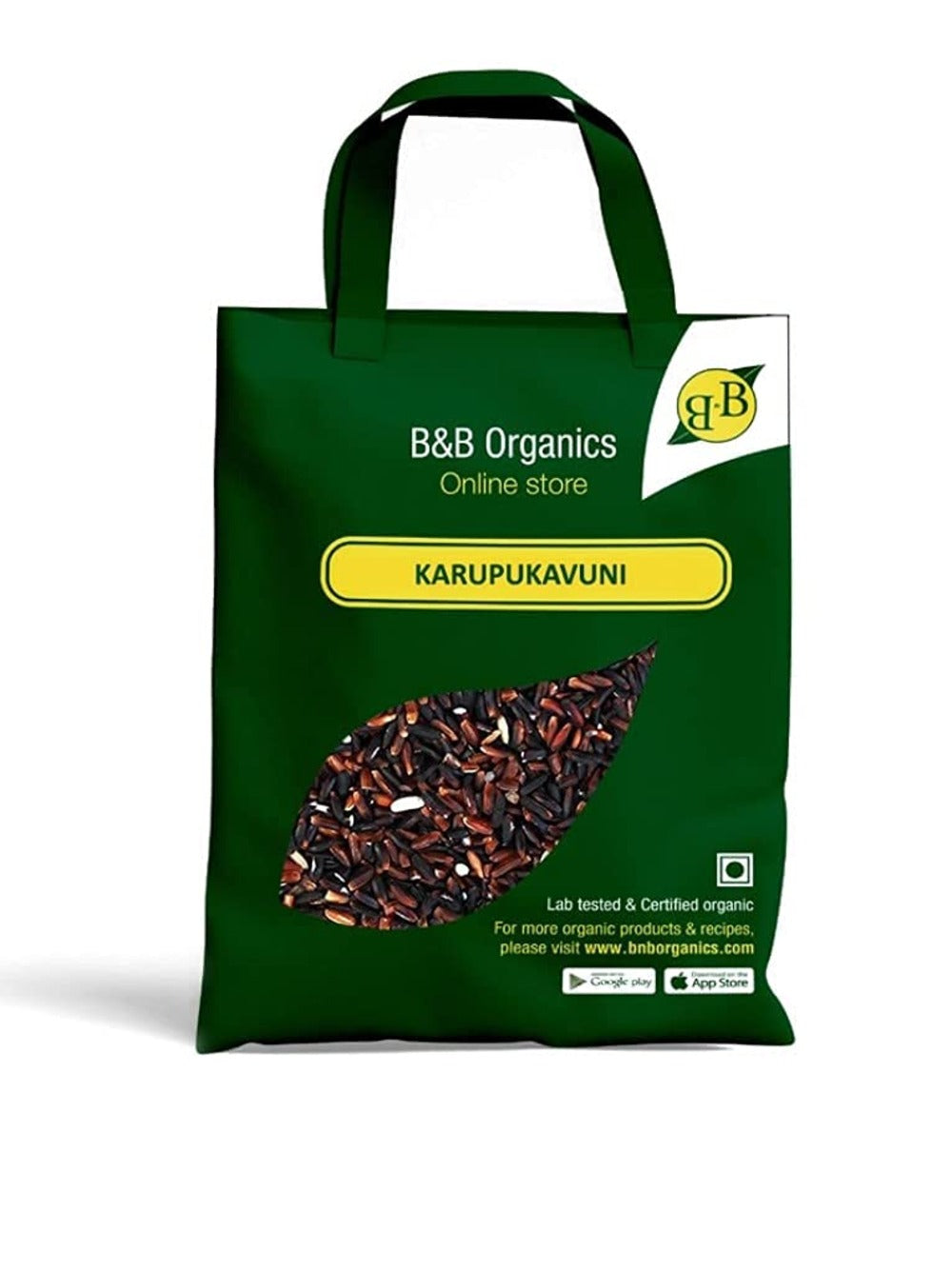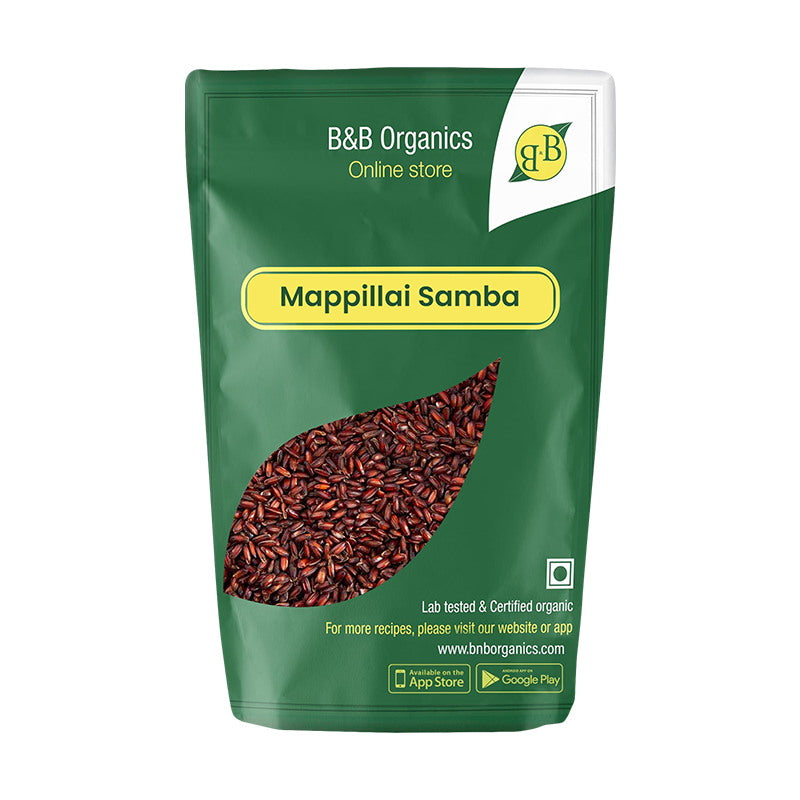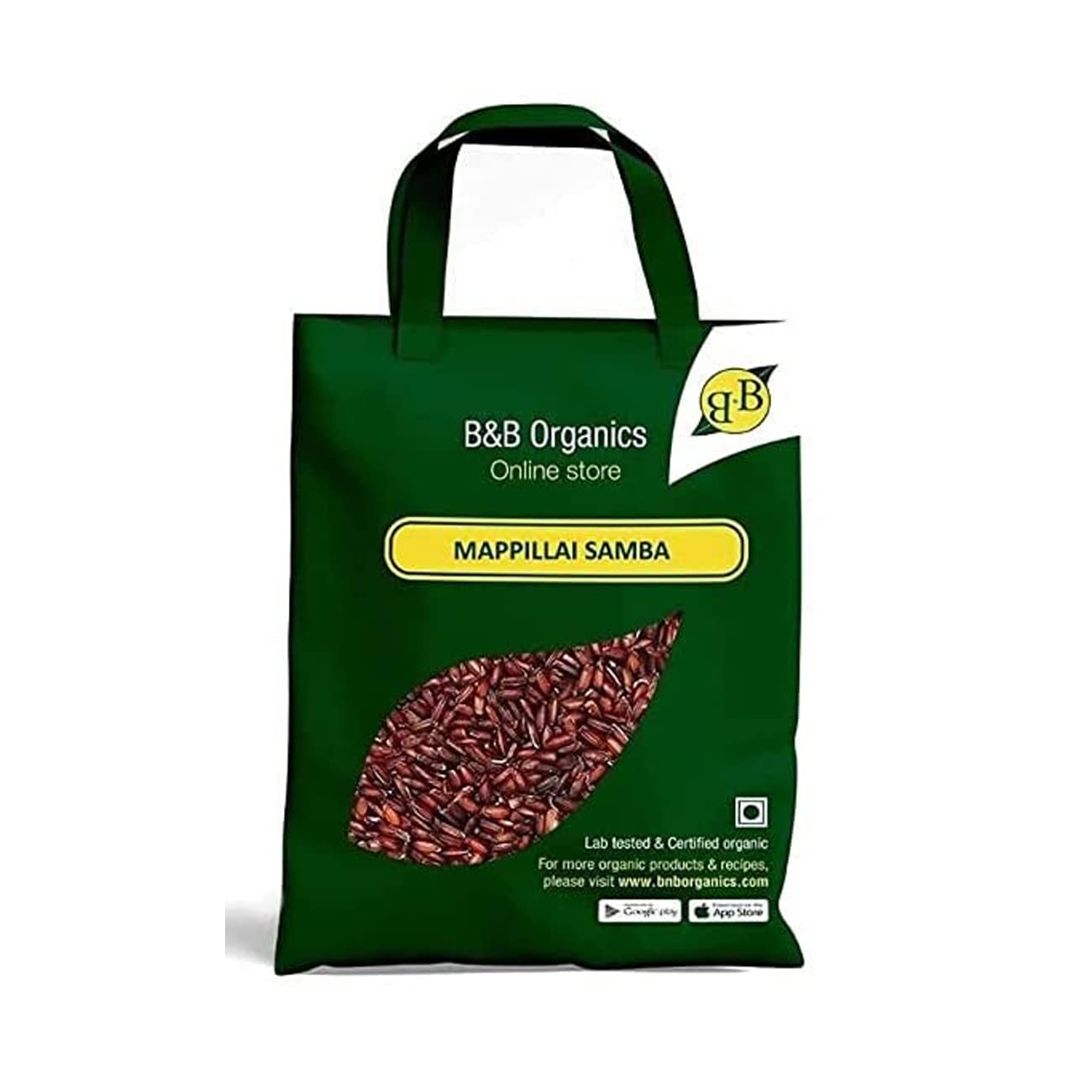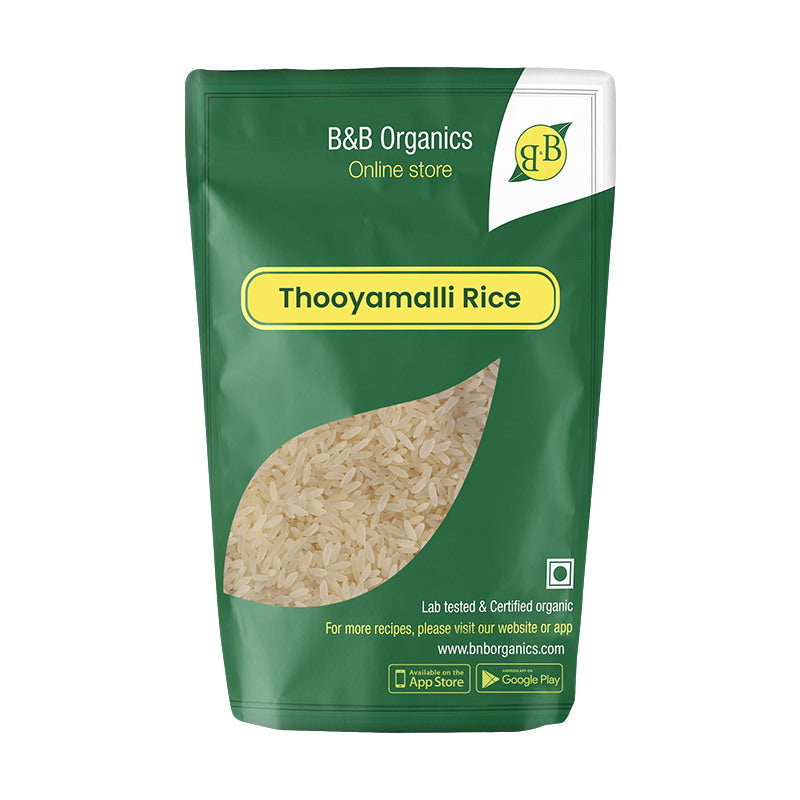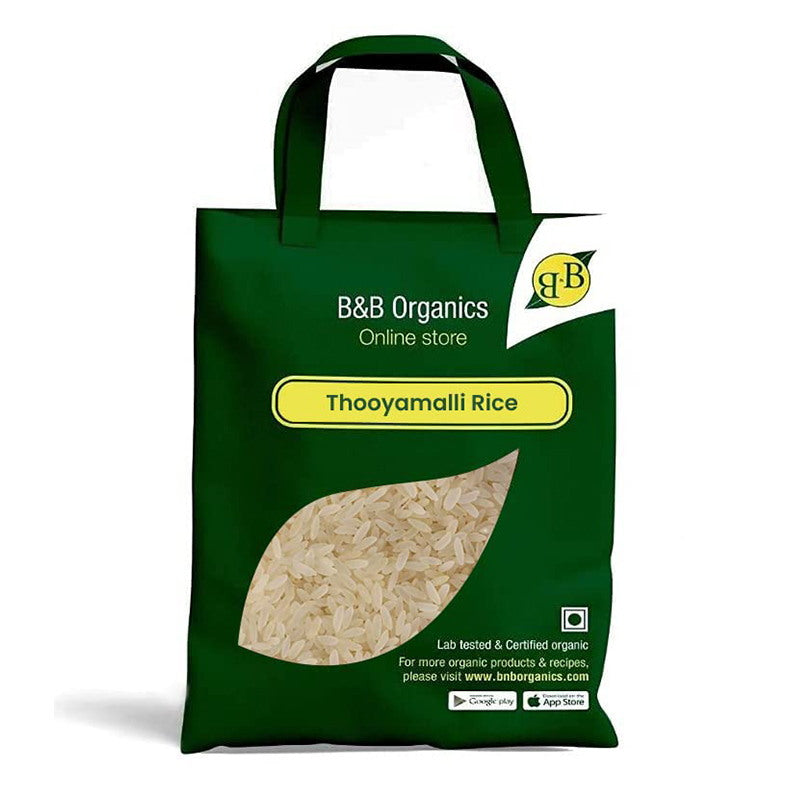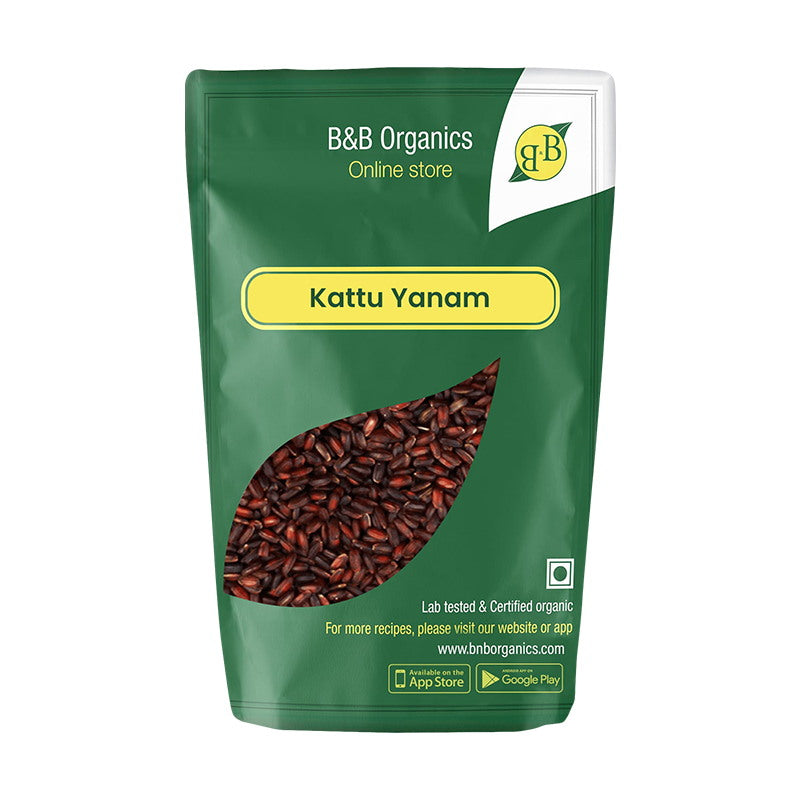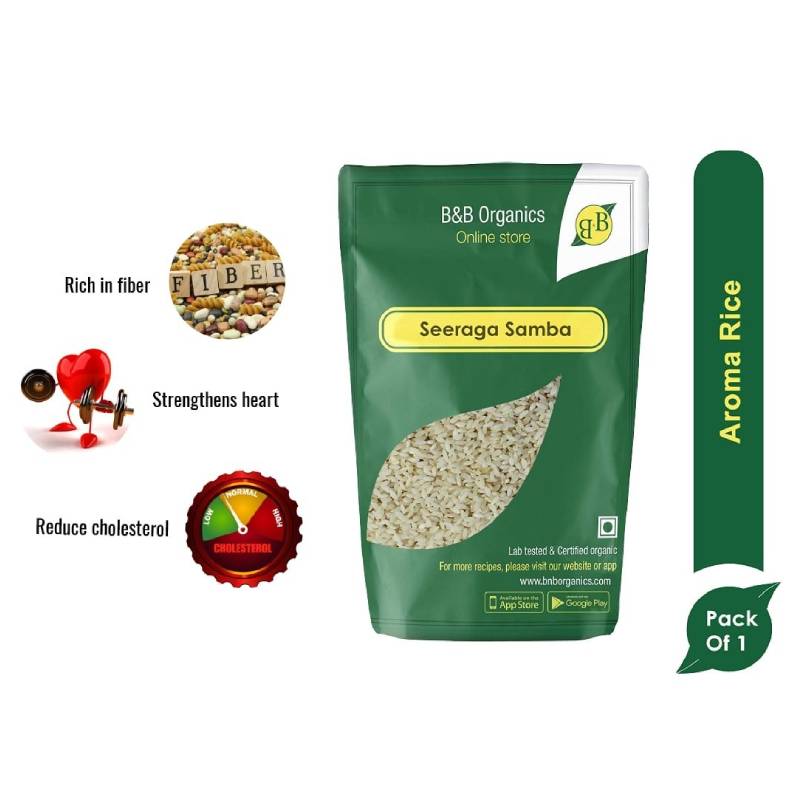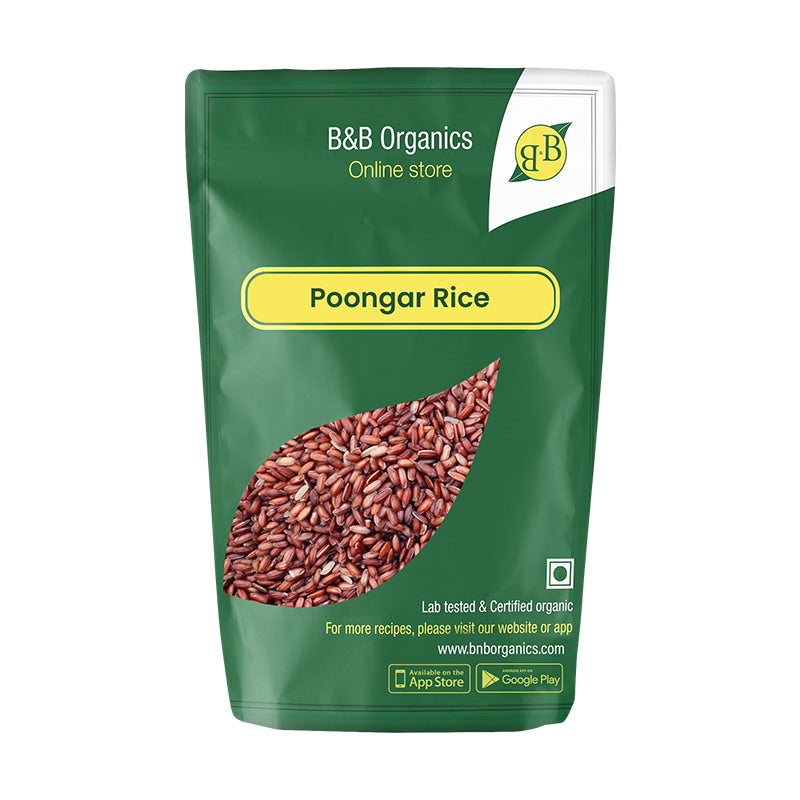Consider yourself lucky if you've never suffered a fungal infection. A surprising number of women, around 70 and 75 percent, will suffer a fungal infection at a certain stage of their lives. Sadly, 40–50% of women will subsequently be affected by a relapse. There's a good possibility that if you've previously had a fungal infection, you were prepared to do almost anything to prevent the burning, stinging, as well as other unpleasant sensations that go with it.
Learn more about using coconut oil to alleviate or even avoid a yeast infection by reading on.
Why is Coconut Oil Used to Treat Yeast Infections?

Given the fact that there are many over-the-counter medicines for yeast infections, they can still be difficult to treat. Also, a few of the more classic yeast infection therapies also might aggravate bacterial vaginosis as well as other conditions in certain women with very delicate vaginal microbiomes, resulting in an intricate loop of disease and infection.
A proper mix of yeast and bacteria occurs in a good vaginal ecosystem, however this equilibrium can be disturbed by causes such as the invasion of certain fungi or if the fungus enters further into the vaginal layers of cells. This could occur as a result of factors, including using antibiotics, becoming pregnant, getting greater levels of oestrogen, and even possessing an impaired immune system.
As coconut oil is believed to have antifungal properties, it has been suggested as a therapy for fungal infections. Given that Candida albicans is the fungus that most usually causes vaginal yeast infections, this is promising. There isn't a lot of information on coconut oil's capacity to treat fungal infections, but a study has found that it has antifungal properties that have been helpful against Candida albicans. In order to declare with confidence that coconut oil can successfully treat fungal infections, further studies are required.
Is Coconut Oil Effective for Healing Yeast Infections?
The question as to whether coconut oil can be used to cure a yeast infection is one on which gynaecologists differ on. Yeast infections in the vagina can be cured with coconut oil, which also inhibits yeast.
Fatty acids like those found in coconut oil have potent antimicrobial, antiviral, anti-parasite, and antifungal effects. In other words, it can eliminate a variety of bacteria, infections, parasites, and certain yeast species.

There's no current proof to support the usage of coconut oil as a therapy for pelvic yeast infections.
While coconut oil does have antifungal effects, they may not be strong enough to totally eradicate a vaginal fungal infection. Also, coconut oil may alter a person's vaginal microbiome in a manner that makes them more vulnerable to acquiring other fungal infection.
It is important to talk to your doctor to verify that a yeast infection is the reason and obtain an effective antifungal medication to get rid of the mono virus.
There isn't sufficient data on safety to advise using coconut oil to treat a yeast infection in pregnant women. Also, coconut oil should not be used to treat chronic yeast infections, and prior to using this treatment, you must always be certain that you really get a fungal infection.
Using Coconut Oil to Cure Yeast Infections:
There are several methods to go about utilising coconut oil as a remedy for a yeast infection. Using coconut oil to coat a clean tampon before placing it into your vagina. As an option, you can use your fingers to massage it into the tissues.
Additional Remedies for Yeast Infections:
A yeast infection can be cured or prevented in a number of ways. These could be beneficial in decreasing the likelihood of yeast infection by boosting the amount of Lactobacilli in the vagina. Other suggested remedies involve taking a bath and changing following activity instead of staying in the same garments, abstaining from using perfumes in the genital region, maintaining the area clean and dry and preventing douching.
The Bottom Line:
It is well known that coconut oil has antifungal effects. Although little data is currently available to back up its effectiveness in treating yeast infections, this could work in certain cases. It's essential to consult with a medical professional and then use coconut oil to treat a yeast infection. Prior to attempting this, be sure that you unquestionably have a yeast infection.
FAQs
-
Is coconut oil a cure for yeast infections?
Coconut oil has shown potential in inhibiting the growth of Candida albicans, the fungus responsible for yeast infections. However, it may not be a standalone cure and should be used in conjunction with appropriate medical treatment. -
Can I use coconut oil internally for yeast infections?
Coconut oil can be used internally for yeast infections by inserting a tampon coated with coconut oil into the vagina. However, it's important to consult with a healthcare professional before attempting any internal application. -
Are there any side effects of using coconut oil for yeast infections?
While coconut oil is generally considered safe, it can potentially alter the vaginal microbiome and make it more susceptible to other types of infections. It's recommended to seek medical advice before using coconut oil as a remedy for yeast infections.


